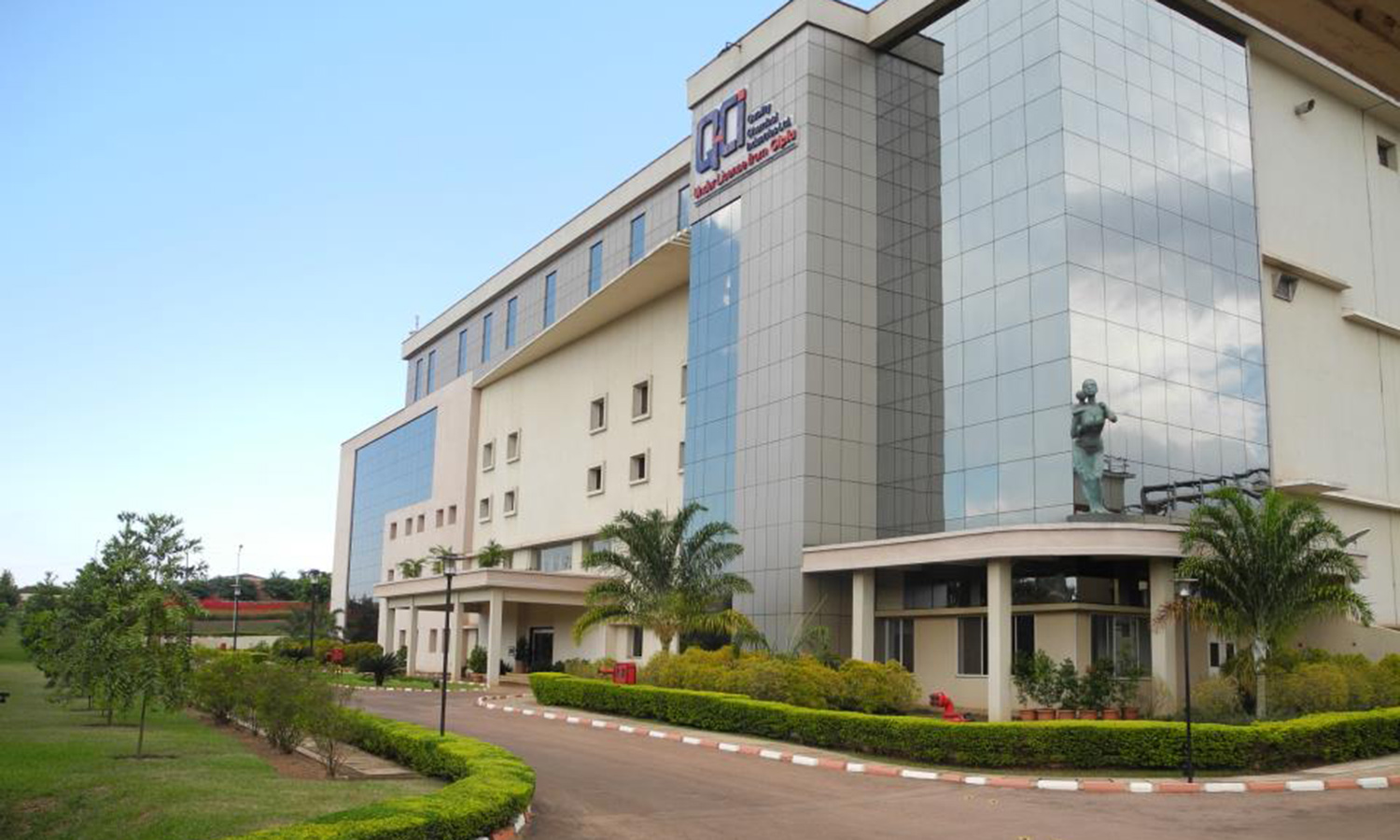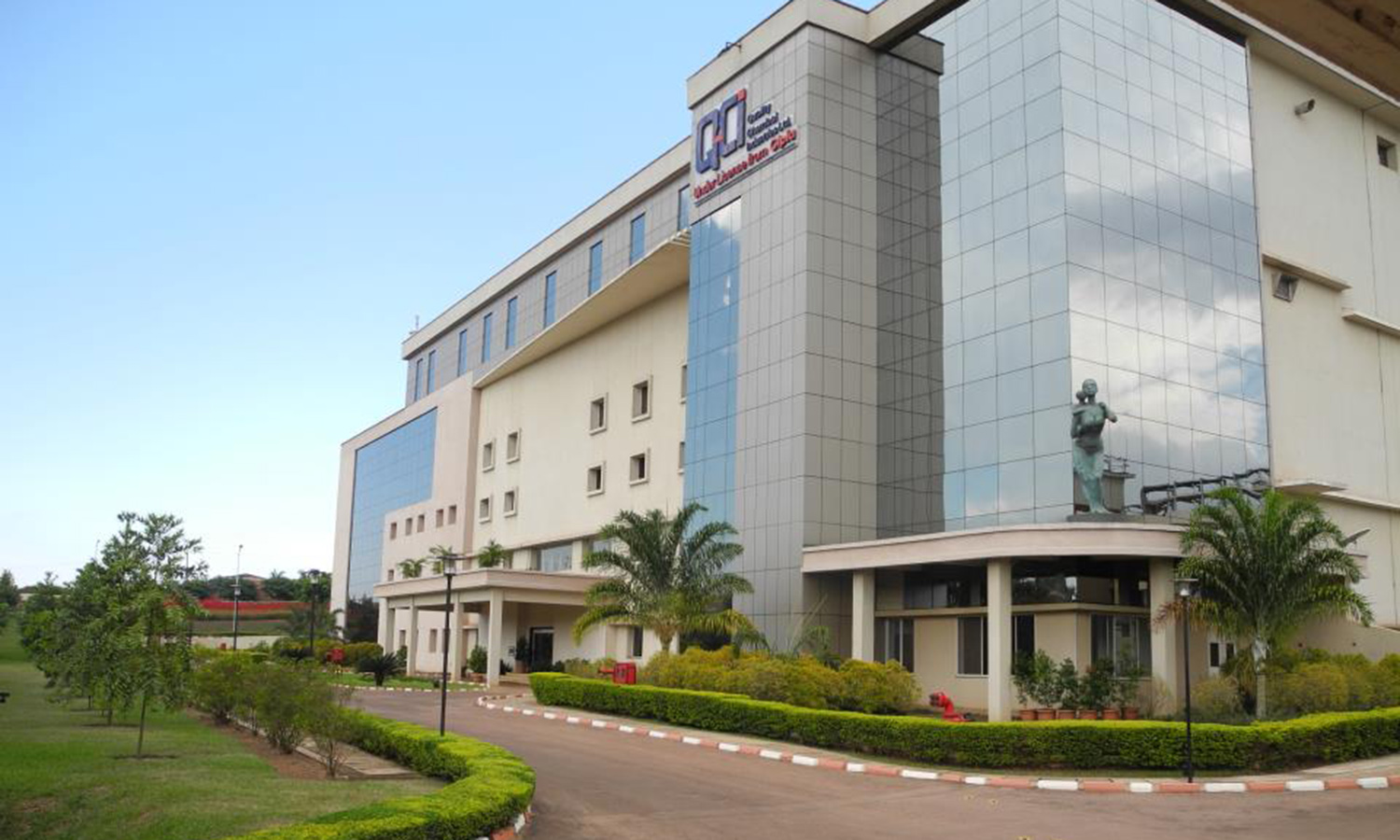Quality Chemical’s $51m Bet: Can Debt Restructuring Deliver Uganda’s Pharma Future?

Shareholders of Quality Chemical Industries approved a $51 million credit package from Stanbic Bank.
It is a move that signals both expansion ambition and underlying financial pressure.
This was at the company’s annual general meeting held electronically in mid-July 2025.
It was structured as a $36 million term loan and a $15 million working capital facility.
It will finance the construction of a second manufacturing plant and support day-to-day operations.
Quality Chemical says the expansion will increase annual output from 1.4 billion to 2.4 billion tablets.
It also says that it will enable the launch of injectable medicines and new therapies for tuberculosis and sickle cell anaemia.
But behind the growth narrative lies a deeper story of balance sheet recalibration.
Sources close to the deal say the $51 million also forms part of a broader debt refinancing strategy designed to ease short-term obligations.
It also seeks to manage currency risk and unlock new liquidity for a company operating at the intersection of healthcare policy, industrial ambition, and constrained public finance.
A manufacturer under pressure
Quality Chemical has long been a pillar of Uganda’s pharmaceutical sector.
It produces life-saving generics like anti-malarials and antiretrovirals, and exports to 14 African countries with regulatory approval in 31.
But beneath that regional footprint, the company is navigating increasingly choppy waters.
Rising input costs, forex volatility, and delayed payments on public health contracts — especially from government clients — have created working capital stress.
But even amid such difficulties, the company reported a UGX40.6 billion profit in the year to March 2025.
Its cash reserves have fallen from UGX53.4 billion to Shs35 billion over the same period.
But although it holds an unused $14.2 million overdraft with Absa, the reduced interest payments suggest a conservative financing stance.
It suggests a prudent plan to avoid costly short-term debt.
Now, by shifting to longer-term, expansion-linked credit, the company is buying breathing room and building momentum.
A high-stakes expansion
The construction of a second factory, scheduled to begin in quarter two of the 2025/26 financial year, is central to this strategy.
The investment — estimated at UGX147 billion — aims to expand production capacity.
It also seeks to support entry into new therapeutic areas while also introducing injectables to match evolving clinical preferences.
In principle, this is textbook growth finance: use leverage to scale operations, meet rising demand, and reduce per-unit production costs.
But in practice, it’s also a calculated risk, made in a tough macroeconomic environment and banking on improved cash flows to service new debt.
Local sales still account for 75.9% of Quality Chemical’s revenue.
That makes the company deeply exposed to fiscal and procurement cycles, especially in health, where payments can lag behind deliveries by months or more.
Unless regional exports grow faster or government payments improve, Quality Chemical could be scaling into financial fragility.
A refinancing blueprint for Uganda?
Beyond the specifics of this deal lies a bigger question: Can Uganda’s industrial champions thrive without affordable, long-term finance?
Quality Chemical’s approach — combining refinancing, fresh debt, and performance-based targets — could offer a blueprint.
According to insiders, the company is negotiating not just with Stanbic but also with a consortium to support equity injection and export-linked incentives.
“This refinancing deal is not just about balance sheets — it’s about building a stronger pharmaceutical backbone,” said Executive Chairman Emmanuel Katongole.
That backbone, however, will need structural policy support.
Uganda’s 2025/26 national budget emphasizes industrialization, but interest rates remain high, and credit to manufacturers is still thin.
If this deal goes through, it could reset expectations — not just for Quality Chemical, but also for how local firms finance industrial infrastructure.
Strategic timing, or a sign of strain?
There’s a tension here between ambition and vulnerability.
The deal comes at a time when global pharmaceutical supply chains are recalibrating post-Covid.
Countries are prioritizing domestic manufacturing capacity for essential medicines.
For Uganda, this presents an opportunity — to reduce reliance on imports, increase health security, and create jobs.
The Ministry of Health has backed the company’s expansion plan as aligned with national goals.
But timing matters.
If the refinancing plan misjudges market absorption or key client payments remain delayed, the company risks falling into a debt-service trap.
A test case for Uganda’s industrial ambition
What makes this moment crucial is that Quality Chemical is not just any manufacturer.
It is a proxy for the country’s broader economic aspirations — to build value-added industries, export non-commodity products, and compete.
The success or failure of this $51 million initiative will send signals far beyond the pharmaceutical sector.
If the company manages to restructure its financial base, scale sustainably, and diversify revenue streams, it could prove that Ugandan industry can grow beyond donor dependency and government contracts.
If it stumbles through cash flow stress, rising debt costs, or slow returns, the cautionary tale will ripple across boardrooms.
This isn’t just a loan approval. It’s a stress test — of Uganda’s financing ecosystem, pharmaceutical strategy, and industrial policy maturity.
Share this content:

 Uganda’s Most Underused Asset: Why the Remittance System Needs a Total Rebuild
Uganda’s Most Underused Asset: Why the Remittance System Needs a Total Rebuild







Post Comment